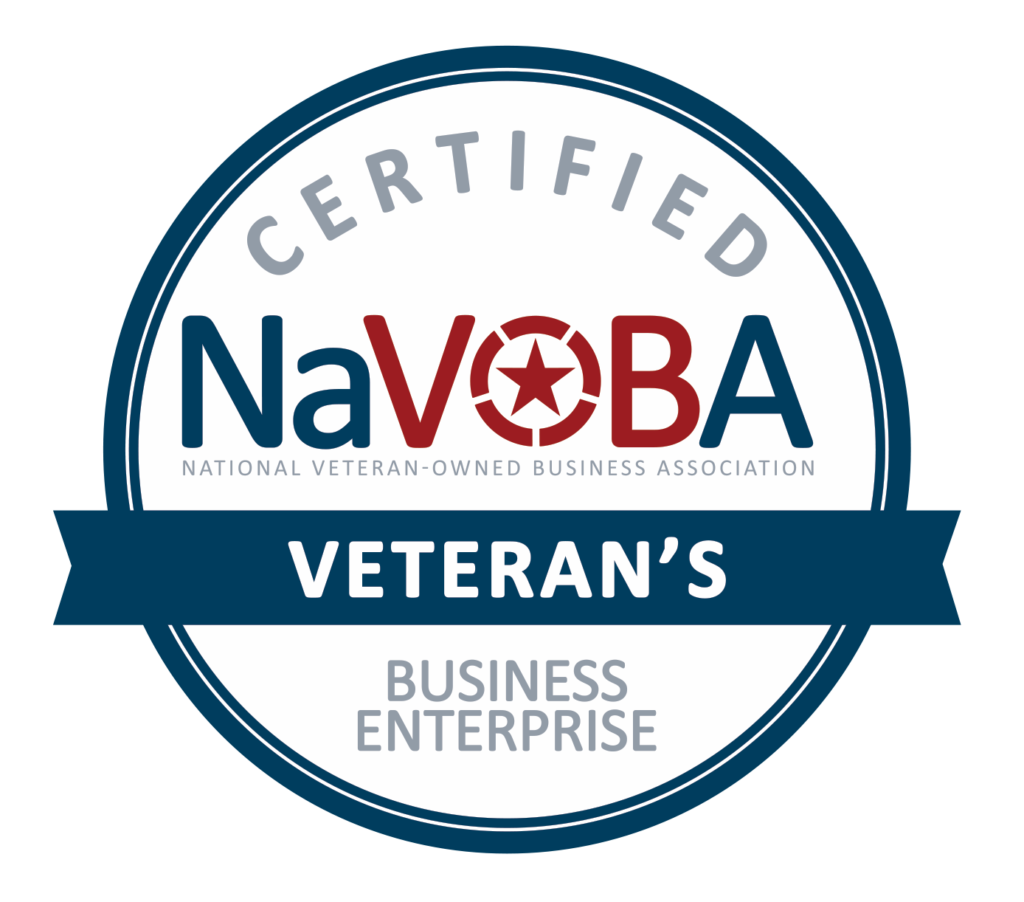Explore Capital Markets Like a Pro
Ace Your Prep & Interviews
Get real-world advice on how to shine in recruitment, nail your interviews, and land your dream role.
Expert Tips on Early Career Roles
Find out exactly what top firms are looking for in new hires, from must-have skills to standout qualities.
Make Your Mark as an Intern
Learn proven techniques to make a memorable impact as an intern and set yourself up for a full-time offer.
Don’t miss out—this exclusive opportunity is your gateway to a successful Wall Street career!
Wall Street Decoded
One time paymentWall Street Decoded is a one-day seminar designed to give you the competitive edge needed to land top Wall Street roles.
In an environment where firms receive thousands of applications for limited positions, this seminar provides you with practical knowledge and critical skills to stand out and secure your place in this lucrative, high-stakes industry.
Your dream career is waiting—make your move. Click “Secure Your Seat” below to secure your spot now!
-
Fast-Track Your Career: Gain exclusive insights from Wall Street veteran Frank Van Buren, designed to help you master capital markets and accelerate your career trajectory.
-
Engaging & Impactful Sessions: Participate in dynamic, daily 90-minute sessions featuring hands-on exercises, live Q&A, and actionable career strategies tailored for emerging talent.
-
Learn from Wall Street Stars: Hear firsthand from a panel of rising Wall Street professionals as they share their unique success stories and practical advice.
-
Stand Out with Prestige: Earn a highly regarded completion certificate and secure your spot in Van Buren’s exclusive Resume Book, boosting your visibility with top financial firms.
-
Comprehensive Resources: Take home a robust 80-page presentation deck filled with hundreds of Practical Steps, 75+ Workshop Questions, and Proven Best Practices to equip you for long-term success on Wall Street.
Topic Outline
Mastering Self-Knowledge and Self-Management for Wall Street Success
Start with introspection and vision-building to lay the groundwork for personal growth, and develop wellness habits, success tips, and strategies for confidence and resilience.
Understanding Capital Markets
Learn how the complex Capital Markets puzzle works through an understandable example of how Corporate & Investment Banking, Sales & Trading and Asset Management interact. Clarification on early talent roles and training paths.
Strategic Insights and Techniques for Wall Street Recruiting and Interviewing Success
Master the 3 pillars of interviewing success and effectively deploy your personal story and brand. Gain essential recruitment timeline insights, and alternative paths.
Mastering Essential Habits, Storytelling, and Personal Branding for Professional Success
Discover the art of storytelling in business and interviewing, and key branding elements. Explore networking, mentorship, and time management skills to elevate your career.
Midday Insights: A Panel Discussion with Rising Stars
Hear real stories, learn best practices and gain valuable insights from successful Wall Street professionals!
Participant Benefits
Earn a Certificate of Completion, enhancing your resume and LinkedIn profile.
Join the Van Buren Advisory LLC Resume Database, connecting you with career pathways.

Get Answers to These Questions
- Career & Roles
- Pay & Benefits
- Skills & Qualifications
- Recruiting & Networking
- Lifestyle & Wellness
What are the Capital Markets?
Capital markets include equity (stocks) and debt markets (bonds), connecting investors with businesses or governments seeking funding. Investment Banking helps companies raise capital and advises on transactions, Corporate Banking provides financial services to companies, Sales & Trading facilitates buying and selling securities, and Asset Management manages investments for individuals and institutions.
What positions exist on Wall Street?
Positions include roles in Investment Banking, Asset Management, Trading, and Equity Research. Investment Banking focuses on raising capital and mergers; Asset Management manages investments for clients; Trading involves securities markets; Research analyzes financial data to advise investors.
What is the normal career trajectory?
Typically starts as Analyst → Associate → Vice President → Director → Managing Director. Advancement depends on performance, networking, and business impact. Common exit paths include private equity, hedge funds, startups, or corporate finance roles.
What is the typical pay?
Entry-level analyst salaries generally range from $85,000–$120,000 annually. Bonuses are performance-based, often ranging from 50–100% of base salary or higher.
What skills and attributes are most valuable?
Key skills include analytical thinking, quantitative analysis, attention to detail, excellent communication, and teamwork. Degrees in finance, economics, mathematics, or business from reputable institutions are beneficial, as are certifications like CFA.
What if I missed the traditional recruiting timeline?
Even if you missed the timeline, you could still succeed through strategic networking, targeted outreach, internships, or lateral opportunities. Numerous success stories exist of professionals securing Wall Street jobs through non-traditional routes.
How can I find Lateral Hiring Opportunities?
Lateral opportunities are available year-round, often requiring networking, informational interviews, and leveraging personal connections or alumni networks. Understanding roles that align with your skills and clearly positioning your experience is essential.
Best networking tips?
Effective strategies include leveraging alumni networks, informational interviews, LinkedIn outreach, attending industry events, and maintaining genuine follow-ups. Consistency and authenticity are critical.
Lifestyle and Wellness?
Wall Street roles are demanding, often involving extended hours, particularly in Investment Banking and Trading. Employees manage this through structured breaks, wellness routines, strong support networks, and clearly defined boundaries.
Keys to early career success?
Success involves proactive learning, building professional relationships, demonstrating reliability, and consistently exceeding expectations. Understanding firm culture, communicating effectively, and maintaining a balance to avoid burnout are essential.



